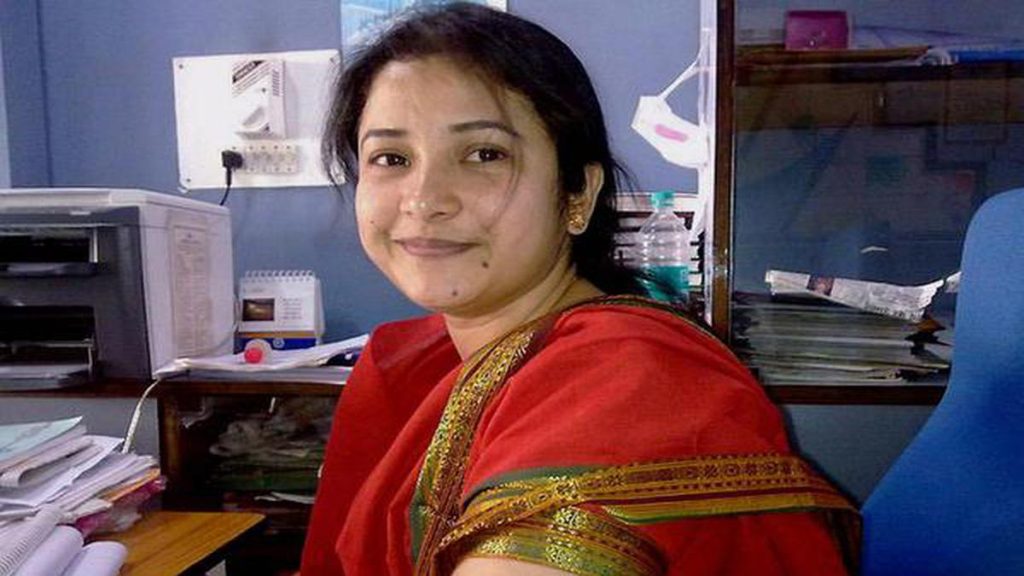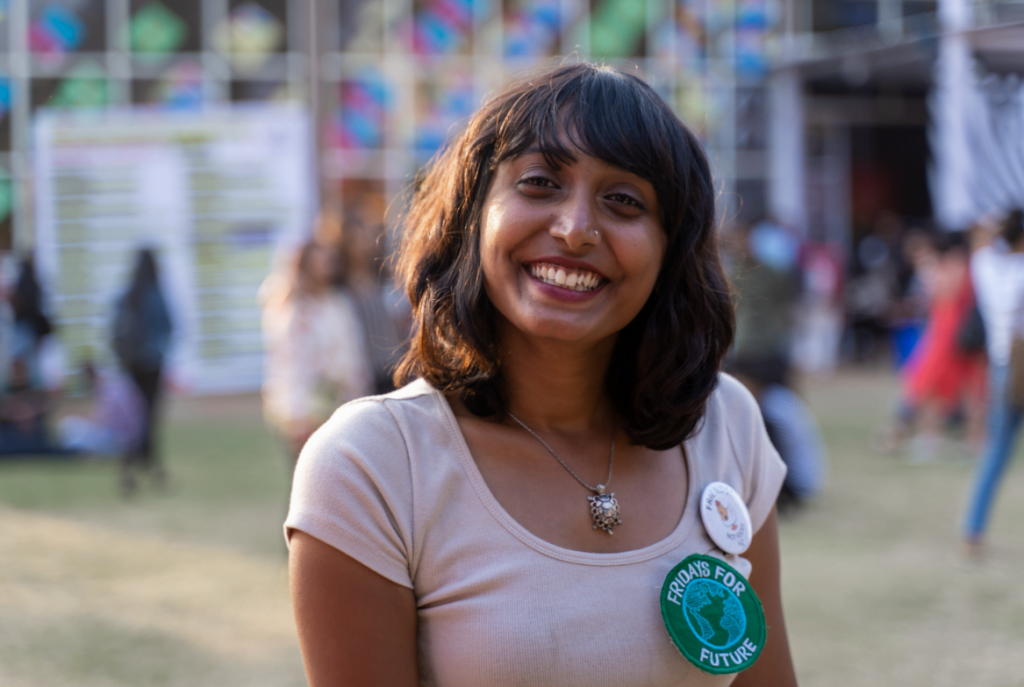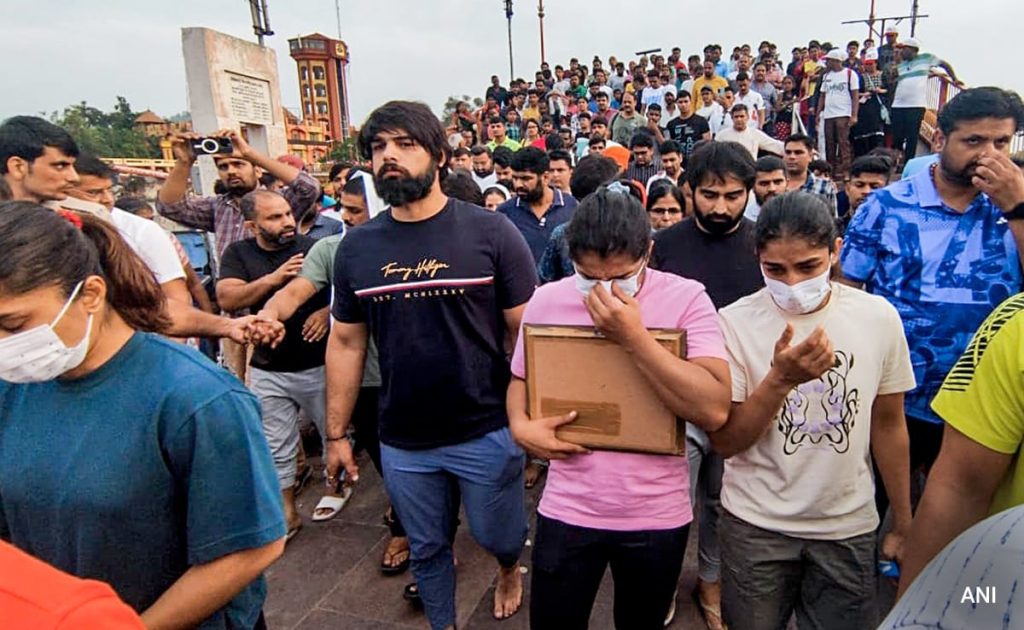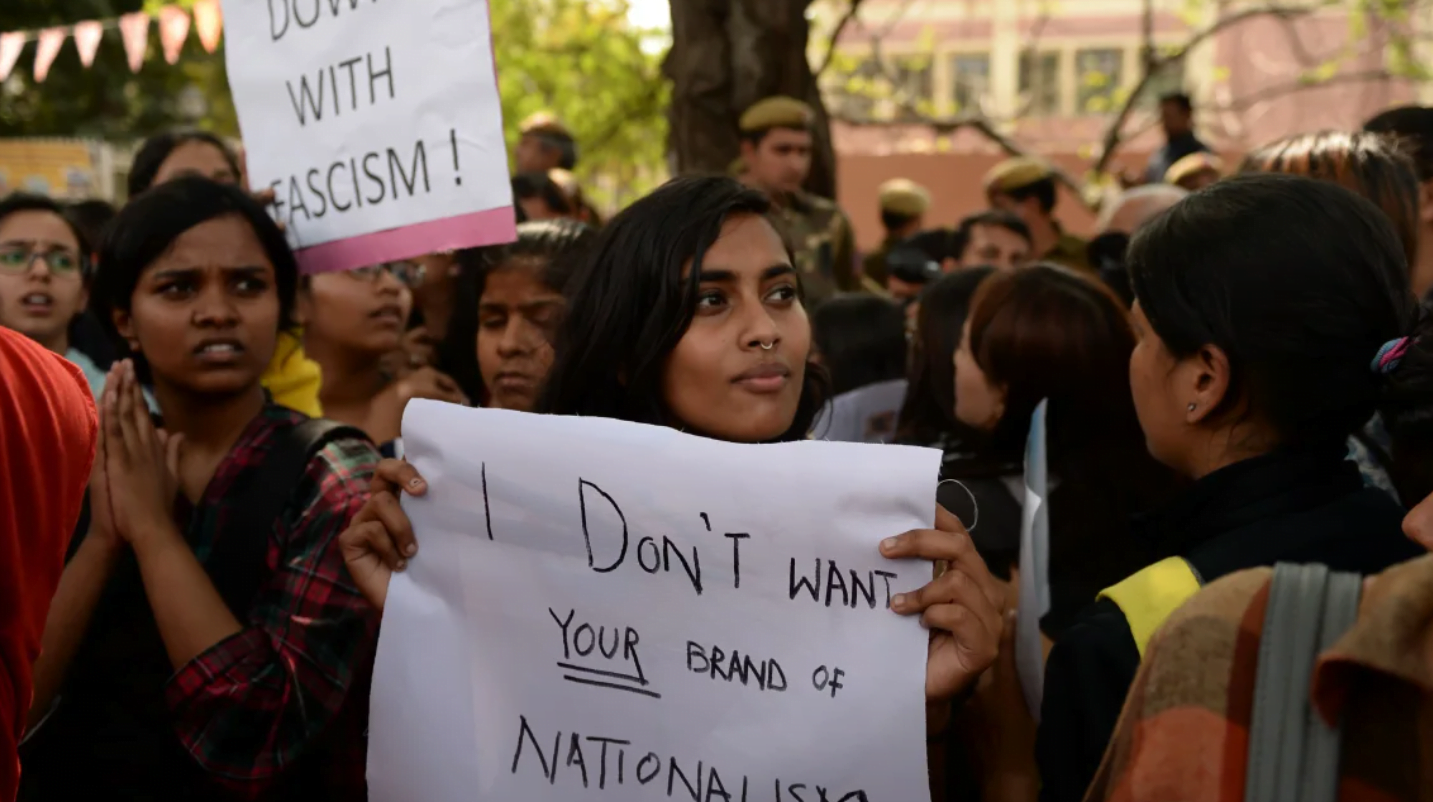A recent report “Crossing The Line: 18th Lok Sabha Elections and Free Speech In India,” published by The Wire claimed the country has registered at least 134 cases of violation of free speech from January to April 2024. These cases include 36 cases of apprehension, 36 over censorship, 24 over internet shutdown/control, to name a few.
The report also stated that freedom of speech in the Indian subcontinent has dropped into a dangerous abyss. In connection to that, the Bombay High Court, led by the bench of Justice Milind Jadhav, last year in a case – put forth by Hitachi Astemo Fie – an auto parts manufacturing firm – ordered, “Freedom of speech and expression can not be given to be transgressed beyond reasonableness. If that is allowed, it could lead to disastrous consequences.”
As India nears the end of another general election, we have come back to the debate of the “right to dissent” with nearly 97 crore balloters who can vote. ARTICLE 19 – a global organisation that works in the realm of free speech and expression – in allyship with nine partner organisations in a report claims that in February, the Narendra Modi-led Bharatiya Janata Party (BJP) regime, in an order, blocked scores of activists’ accounts on social media and posts by them on Facebook and Instagram.
Additionally, just a few months ahead of the general election, in April, the government ordered YouTube to block channels of independent media agencies like National Dastak and Bolta Hindustan.
Nonetheless, let us look back in time and discuss Indian women’s freedom of expression. Here are some noteworthy cases worth highlighting.
Shehla Masood
Right to Information (RTI) activist and supporter of an anti-corruption campaign led by activist Anna Hazare, Shehla Masood, was killed right outside her house in the Koh-e-Fiza area of Bhopal, Madhya Pradesh in August 2011. The environmentalist was shot dead by an unidentified person when she was sitting inside her vehicle to leave for an anti-corruption rally organised by Anna Hazare.

Sehla’s murder case was initially dubbed as suicide, however, after a massive uproar in the political spectrum, her case was handed over to the Central Bureau of Investigation (CBI) in the same month. After six long years, the mystery was solved by a CBI court in Indore, Madhya Pradesh, which awarded life imprisonment to four men, including the mastermind, Zahida Parvez.
Gauri Lankesh
In September 2017, veteran journalist – editor of Lankesh Patrike – and social rights defender Gauri Lankesh was shot dead right inside her residence in Bangalore, Karnataka, by unknown assailants. As per media academic and journalistic records, Gauri was a prominent political person who had very strong views on marginalised communities. Her social media, Facebook, and timeline had posts related to Rohingya Muslims: an ethnic group comprising of Muslims residing in the majority community of the Buddhist in Myanmar, however, they have been divested of citizenship since 1982.
According to media reports, a special investigation squad scrutinising the murder case, over the years, unveiled that the accused has a right-wing association. However, there has been no speedy trial so far and the case is just being dragged.
Disha Ravi’s case, an attack on free speech
In February 2021, a 22-year-old climate change defender, Disha Ravi, was taken into custody from her residence in Bangalore and brought to Delhi by the Delhi Police for her social media posts on farmers’ protests. The young one was apprehended on charges of “editing and disseminating information,” on a social media ‘toolkit,’ which was initially tweeted by environment activist Greta Thunberg.

The toolkit had insights regarding the farmers’ demonstrations, and how to mobilise ample support among Indians. Her arrestation came in connection with the massive protests unleashed by the Central government’s three controversial laws: the Farmers’ Produce Trade and Commerce (Promotion and Facilitation) Act, 2020; the Farmers Empowerment and Protection) Agreement on Price Assurance and Farm Services Act 2020; and the Essential Commodities (Amendment) Act, 2020.
Hidme Markam and her right to free speech
In March 2021, an indigenous activist from Chhattisgarh, Hidme Markam, was taken into custody by the conflict-driven Dantewada while attending a global Women’s Day function in the district which comprised hundreds of Adivasi women. The 28-year-old forest and tribal activist, popular for raising concerns against police brutality, was reportedly violently taken into a car after disrupting the whole event and was finally arrested for scores of cases concerning “Maoist activity“.
Hidme was released After nearly two years by the district police – District Reserve Guard (DRG) – as the latter failed to prove charges against her.
Sakshi Malik, Vinesh and Sangeeta Phogat
In May 2023, India’s prominent wrestler and Olympic medalist Sakshi Malik was pushed and dragged on the city roads in a massive crowd by the Delhi Police as the 2016 Rio Olympics champion continued to raise her voice against an alleged sexual offender who happened to be chief of the Wrestling Federation of India (WFI), Brij Bhushan Sharan Singh.

Sakshi along with other Indian athletes – Vinesh Phogat and and Sangeeta Phogat – began protesting at the Jantar Mantar in Delhi against the chief for allegedly sexually harassing female wrestlers. All of them were taken into custody and violently boarded into buses by the Delhi Police. In December same year Brij was elected as the new president of WFI with his panel garnering 13 posts out of 15.
Simultaneously, Sakshi quit Indian sports as a wrestler lamenting, “We fought from our heart but if a man like Brij Bhushan, his business partner, and a close aide is elected as the president of WFI, I quit wrestling.”
These cases serve as a reminder of the violation of free speech and expression and broadly display a widespread pattern of organisational and societal attempts to silence women’s voices, especially those who dare to question established power structures.




